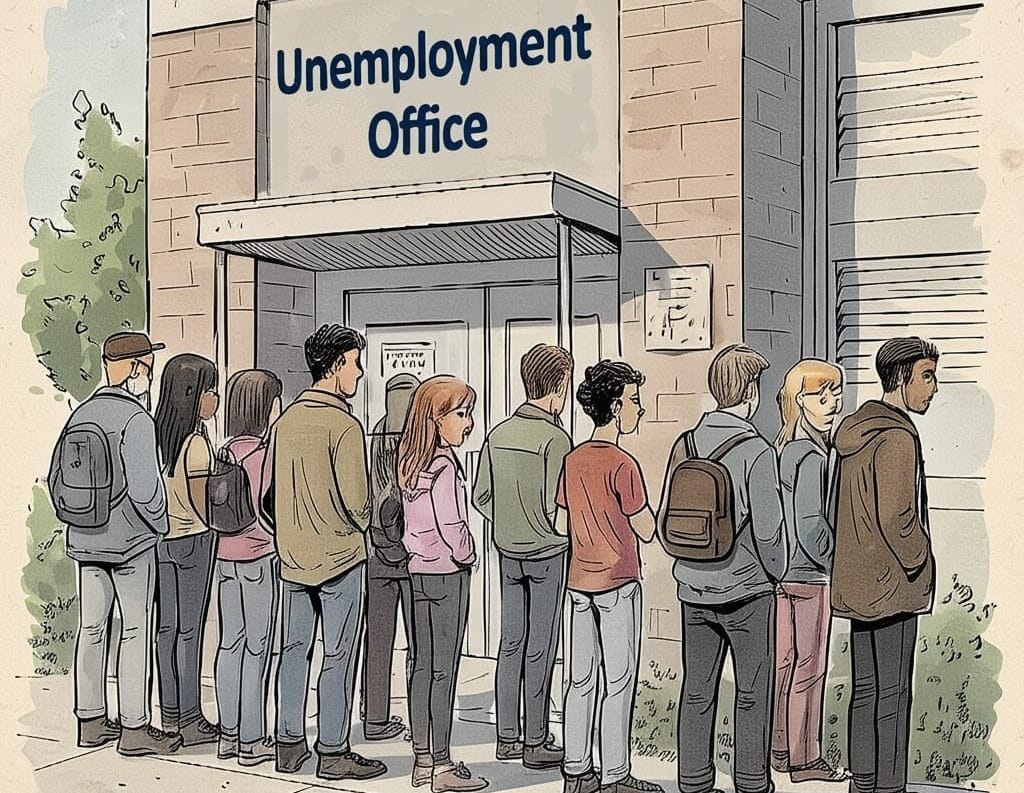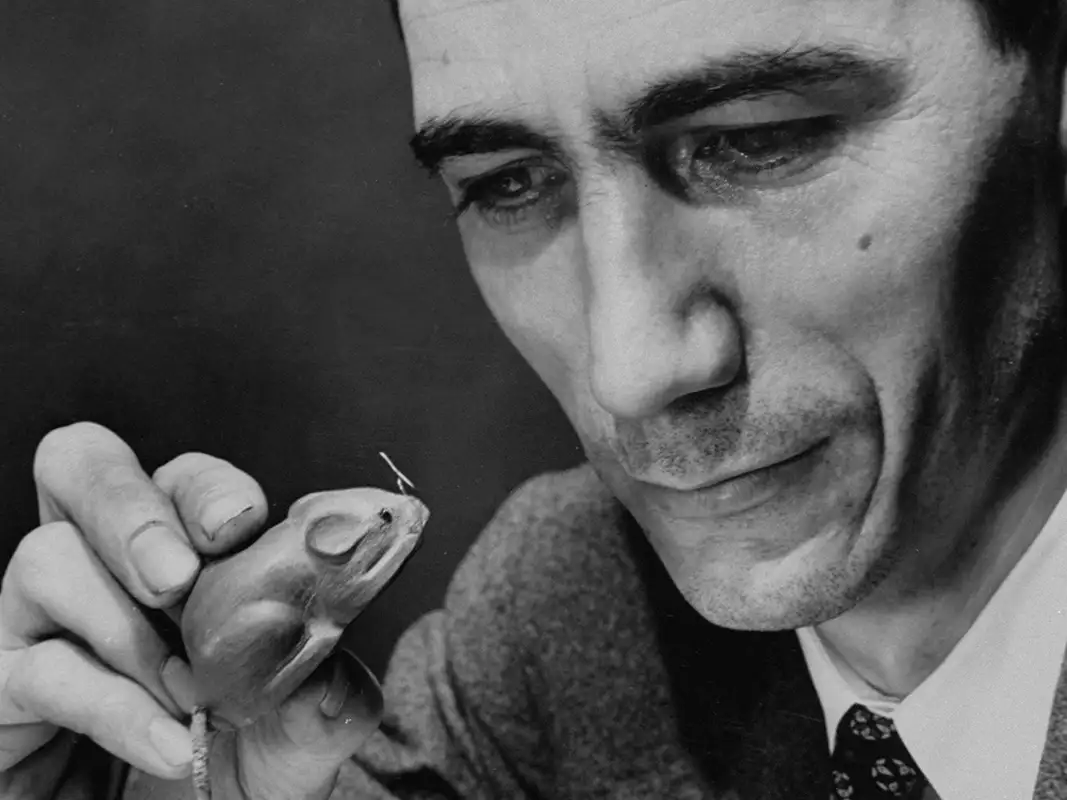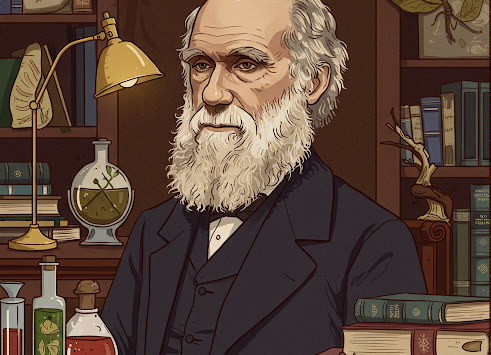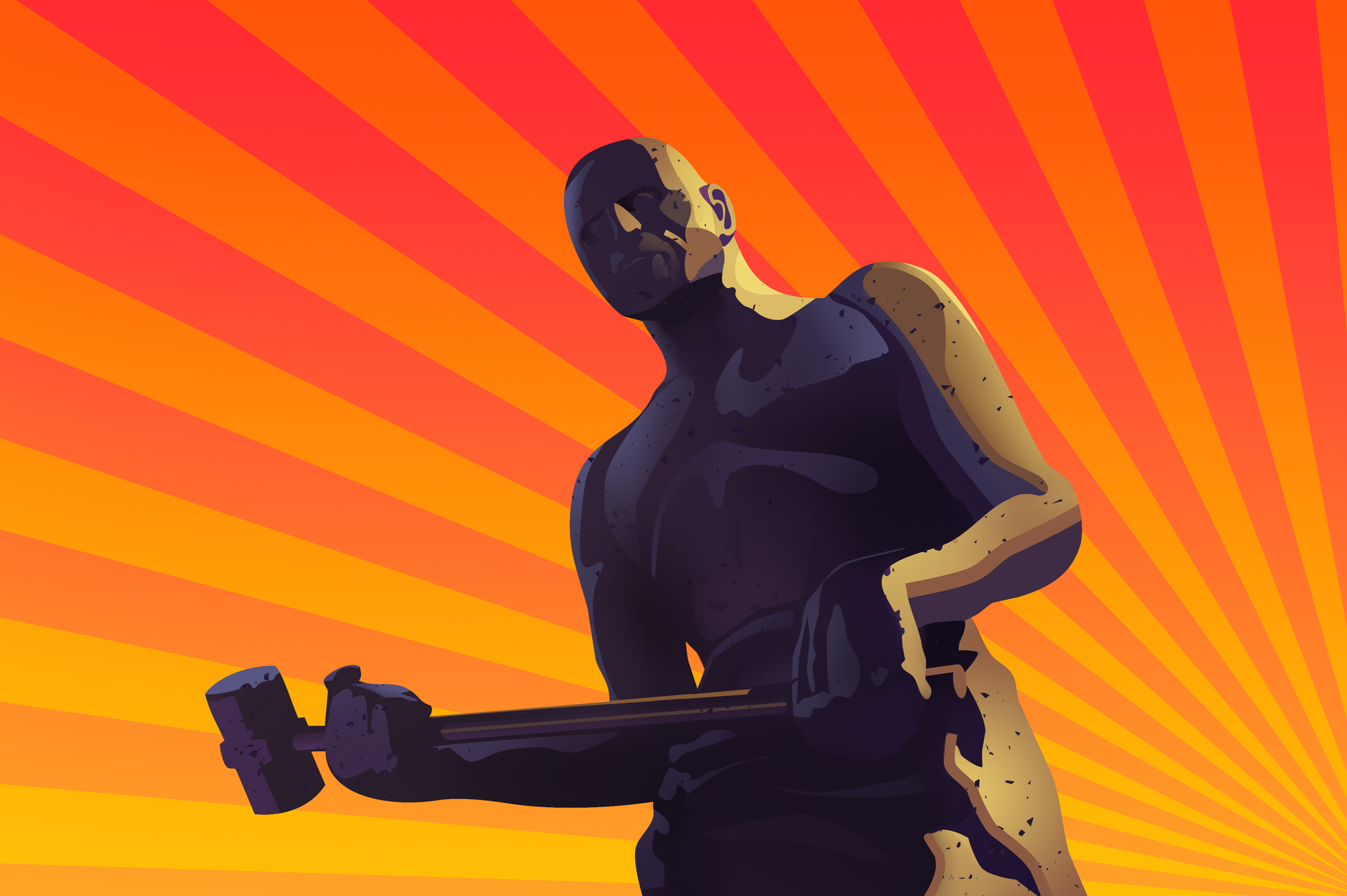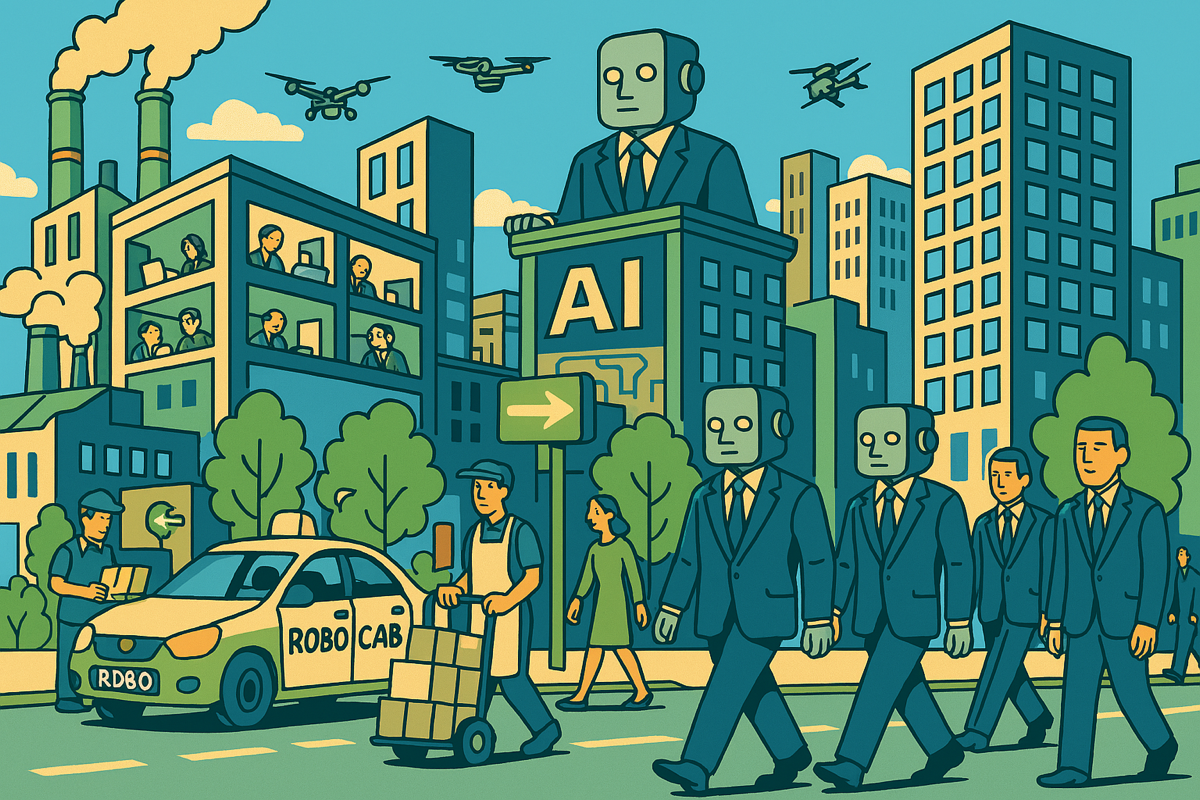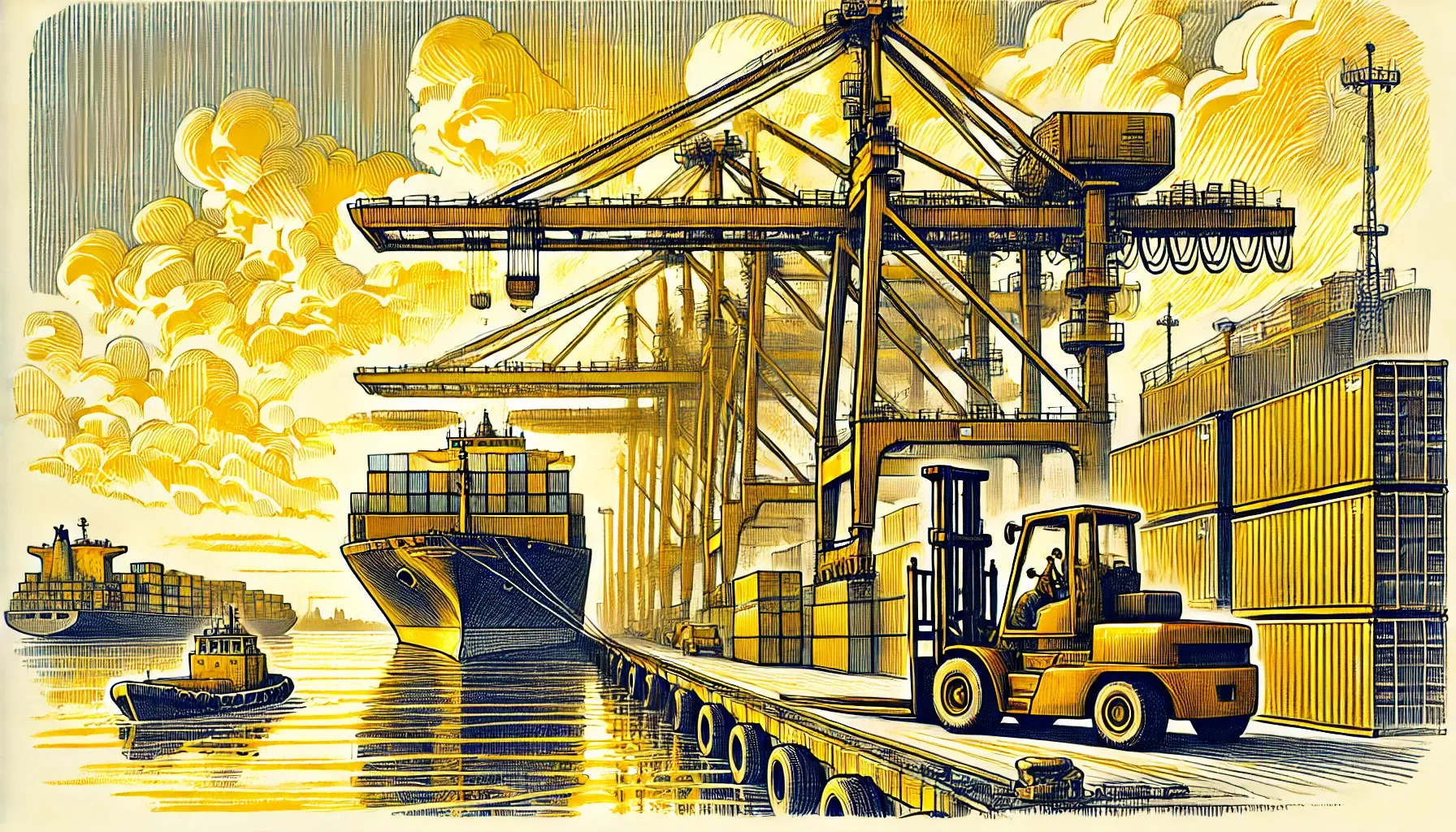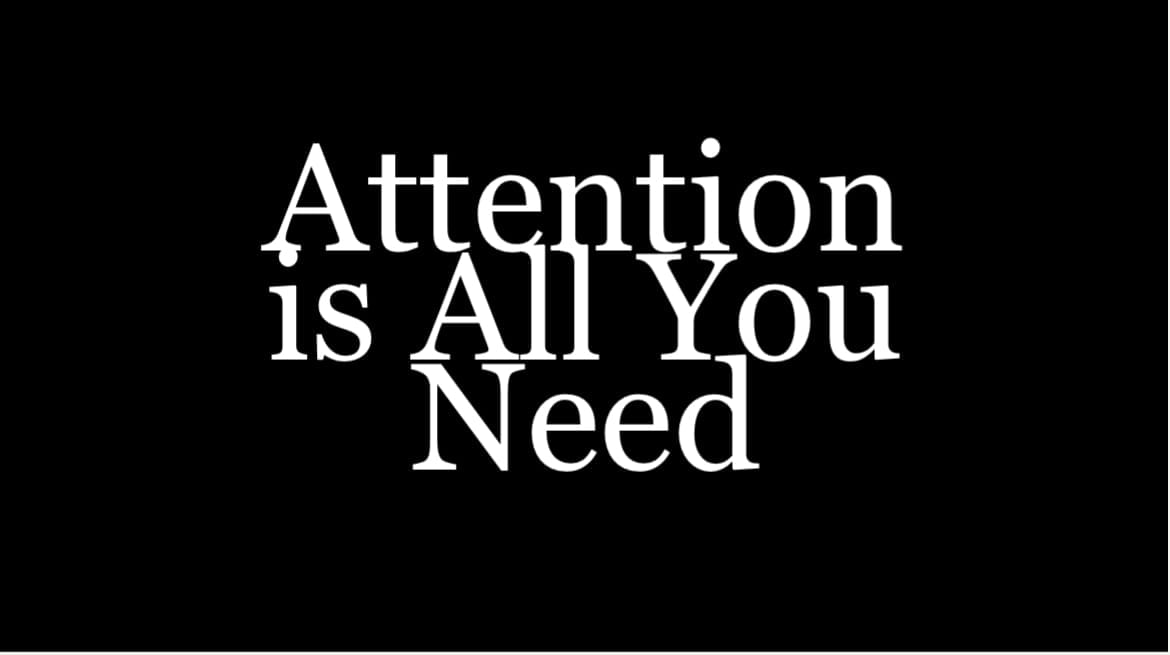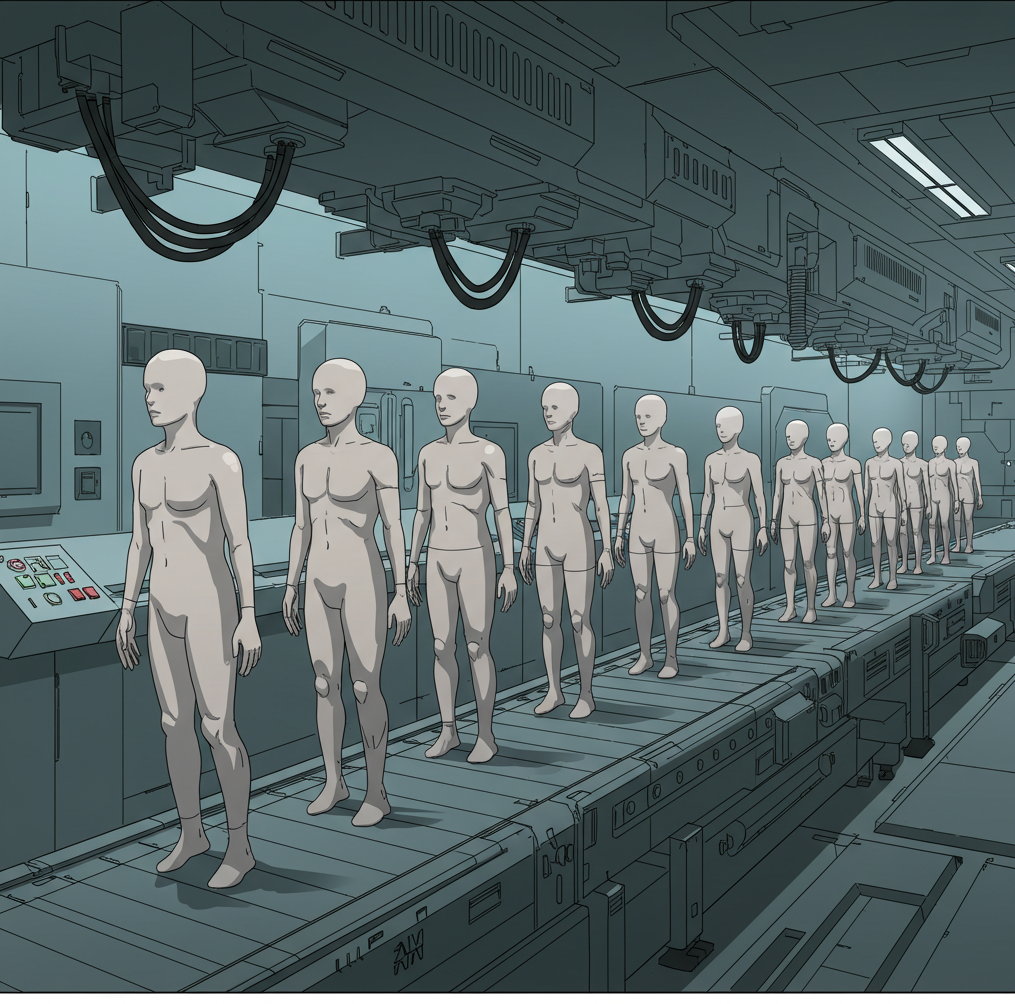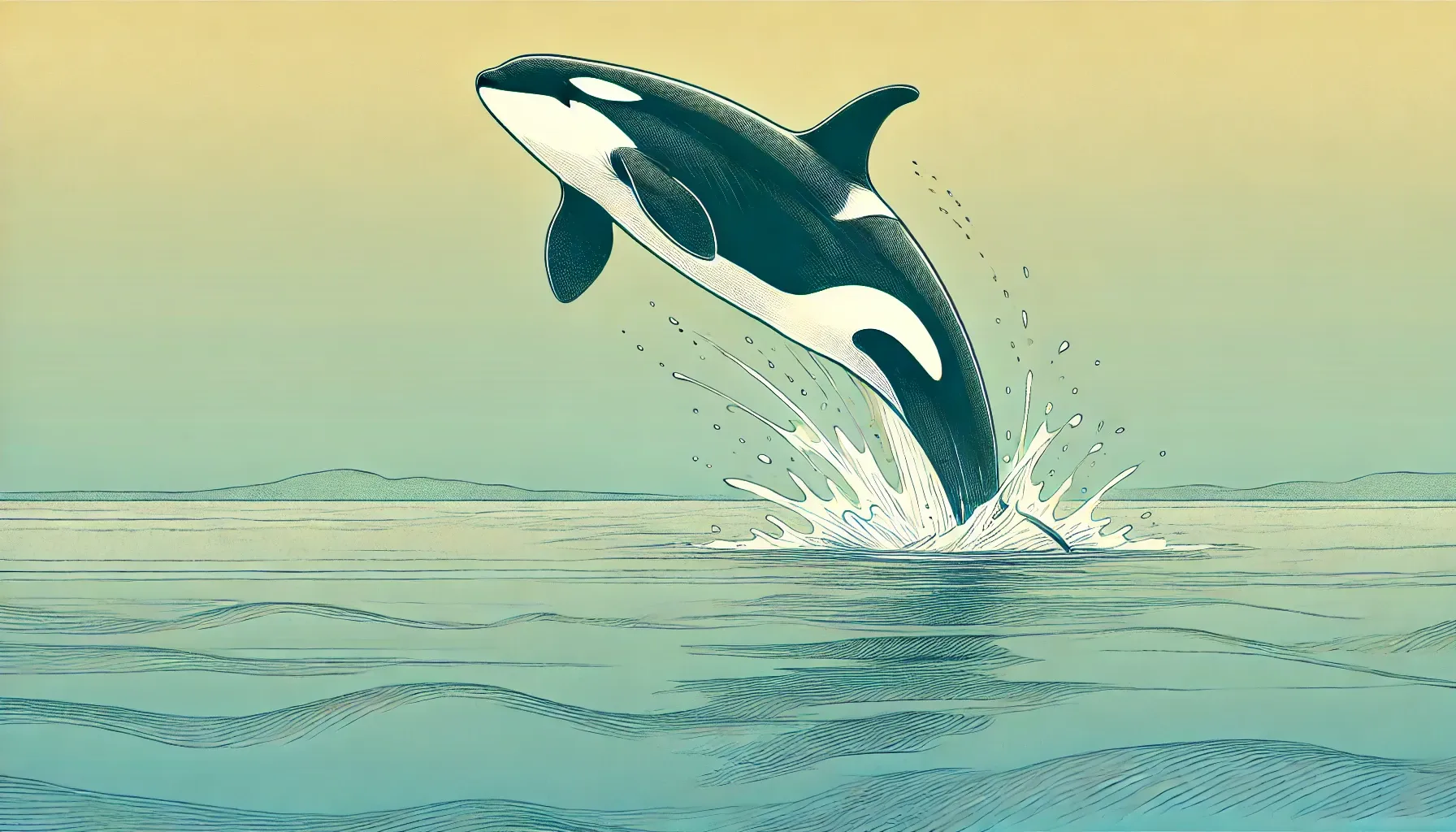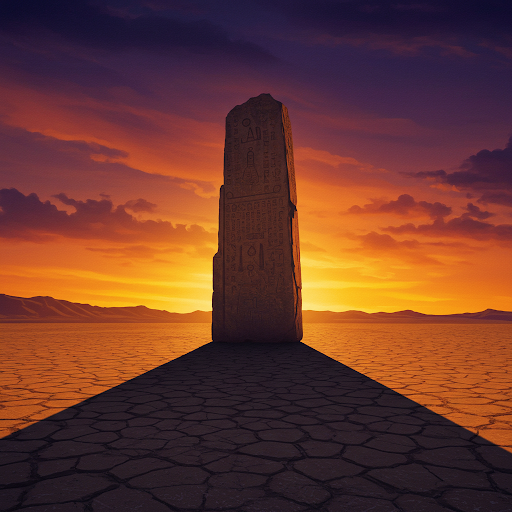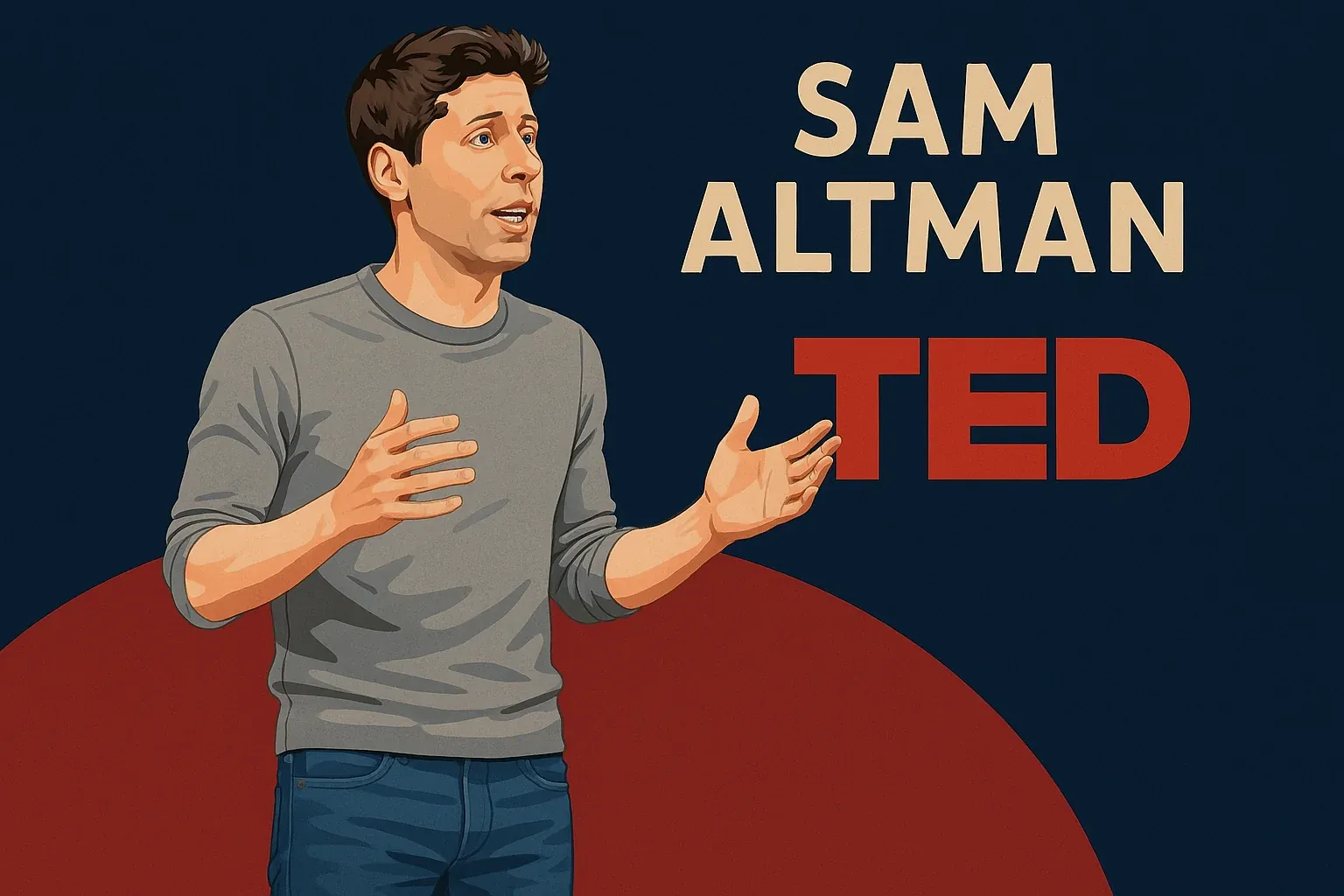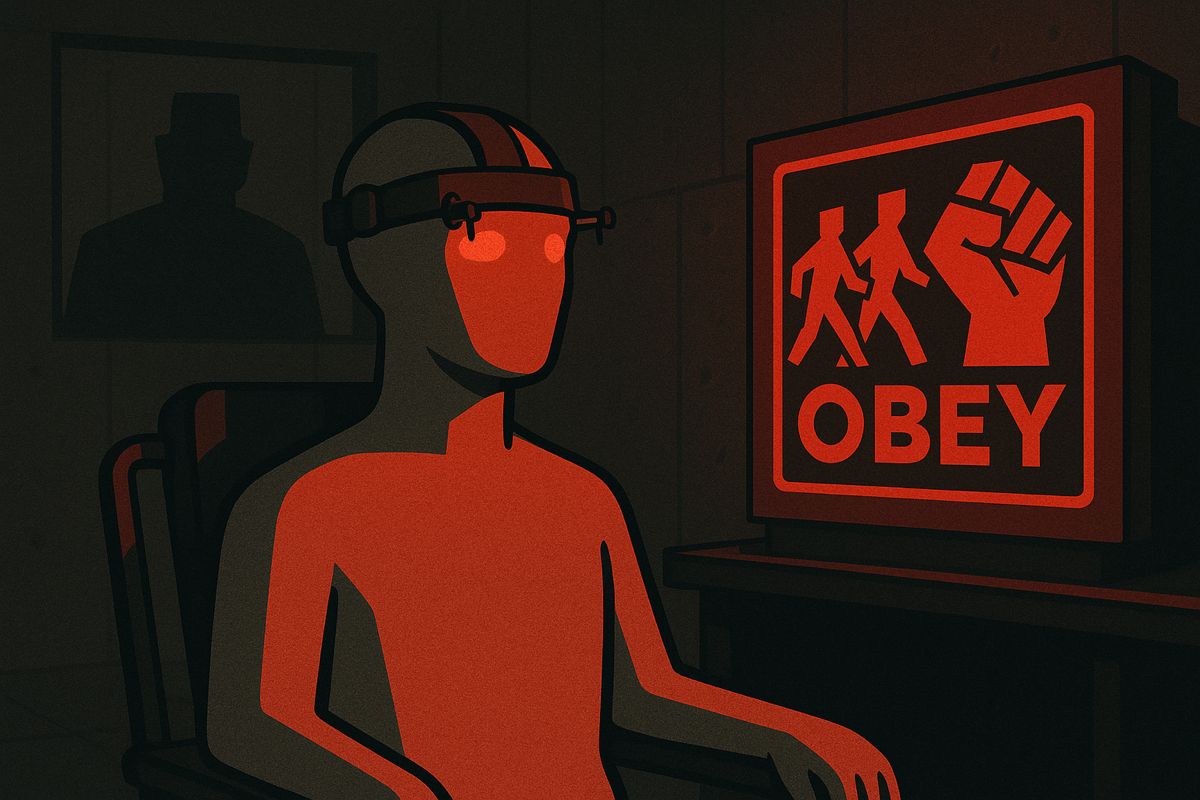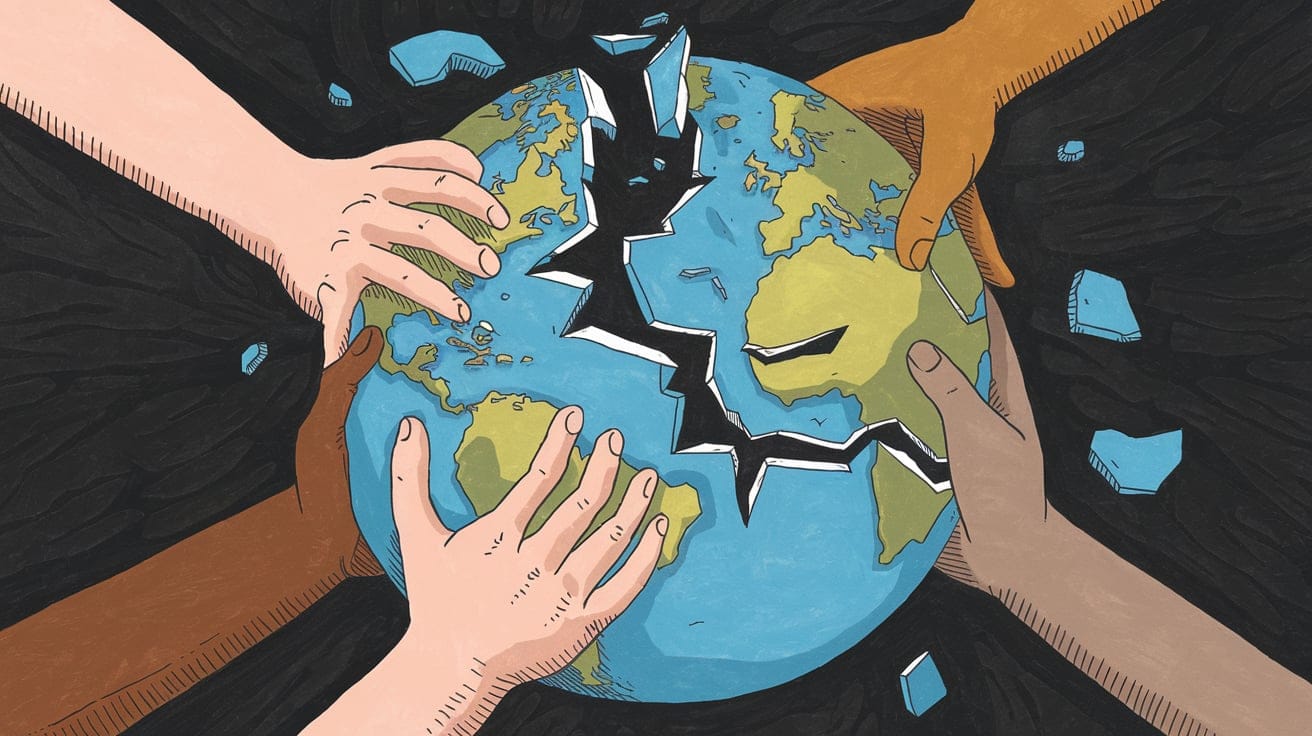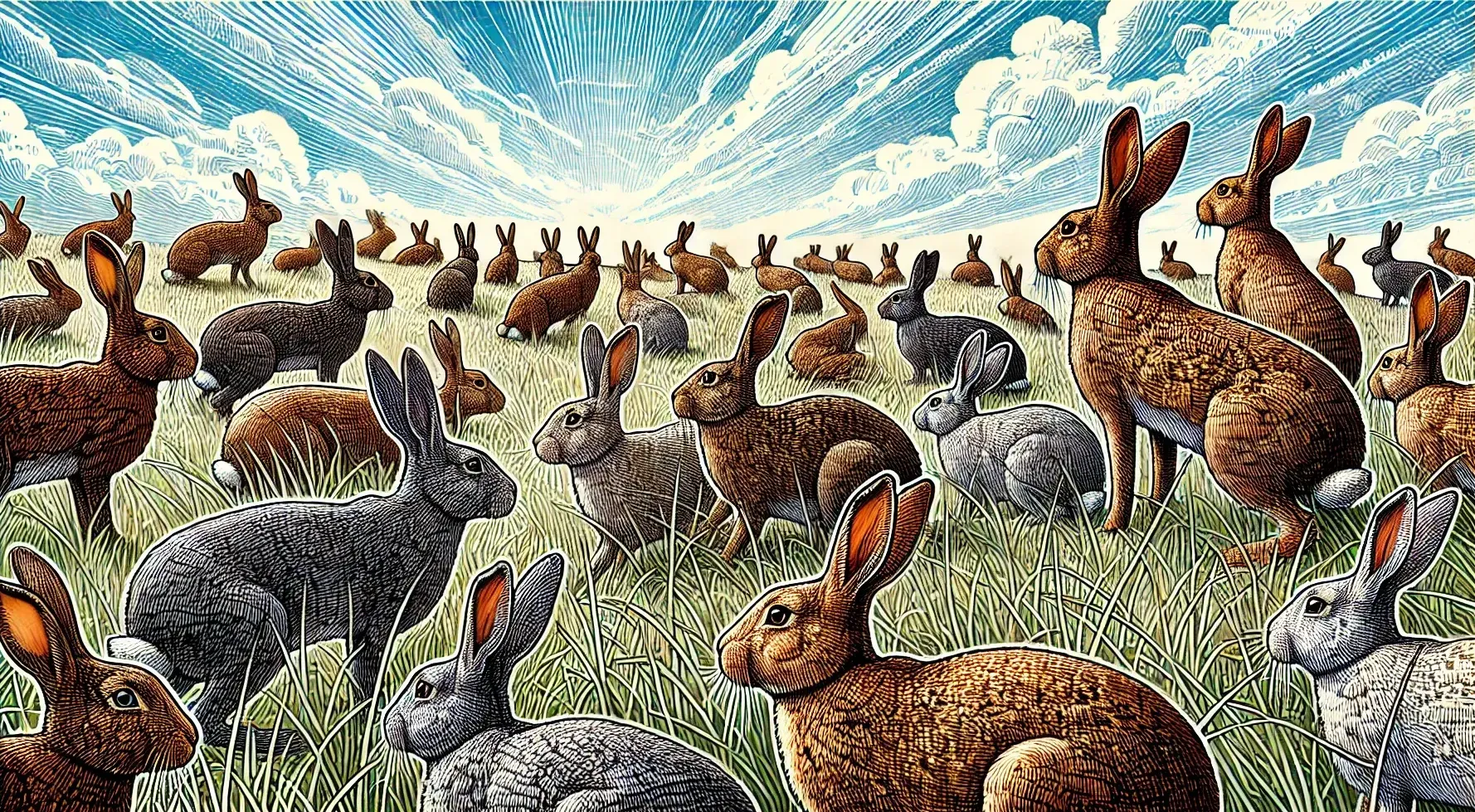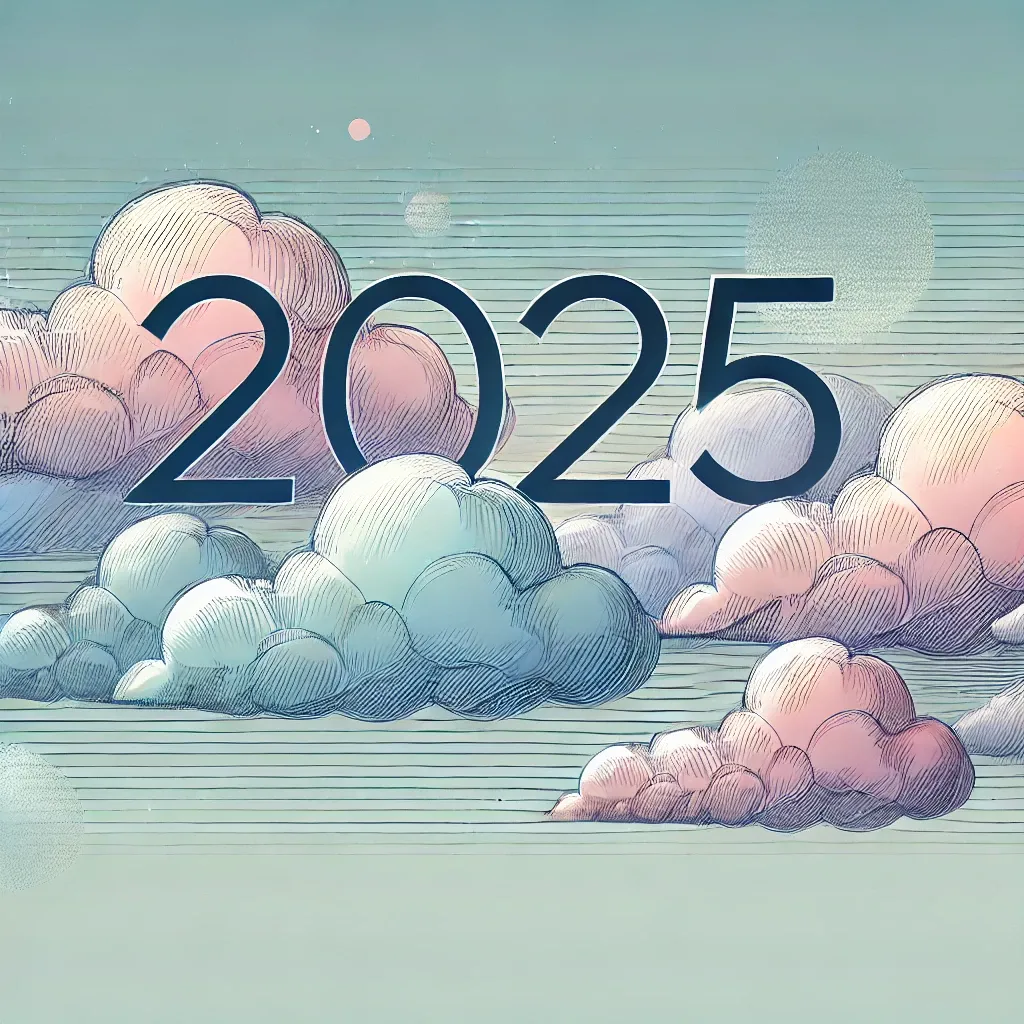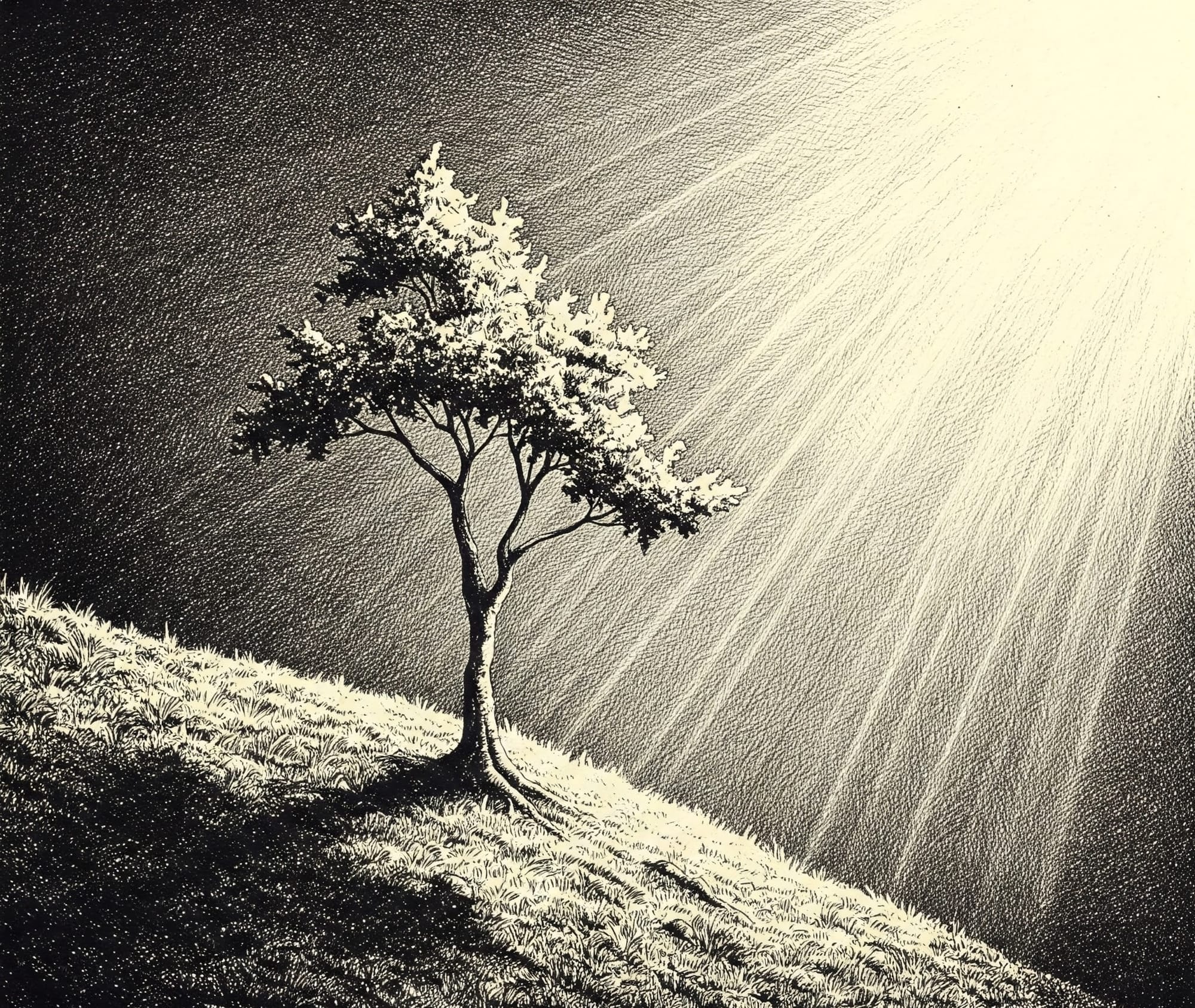The Singularity and its Discontents
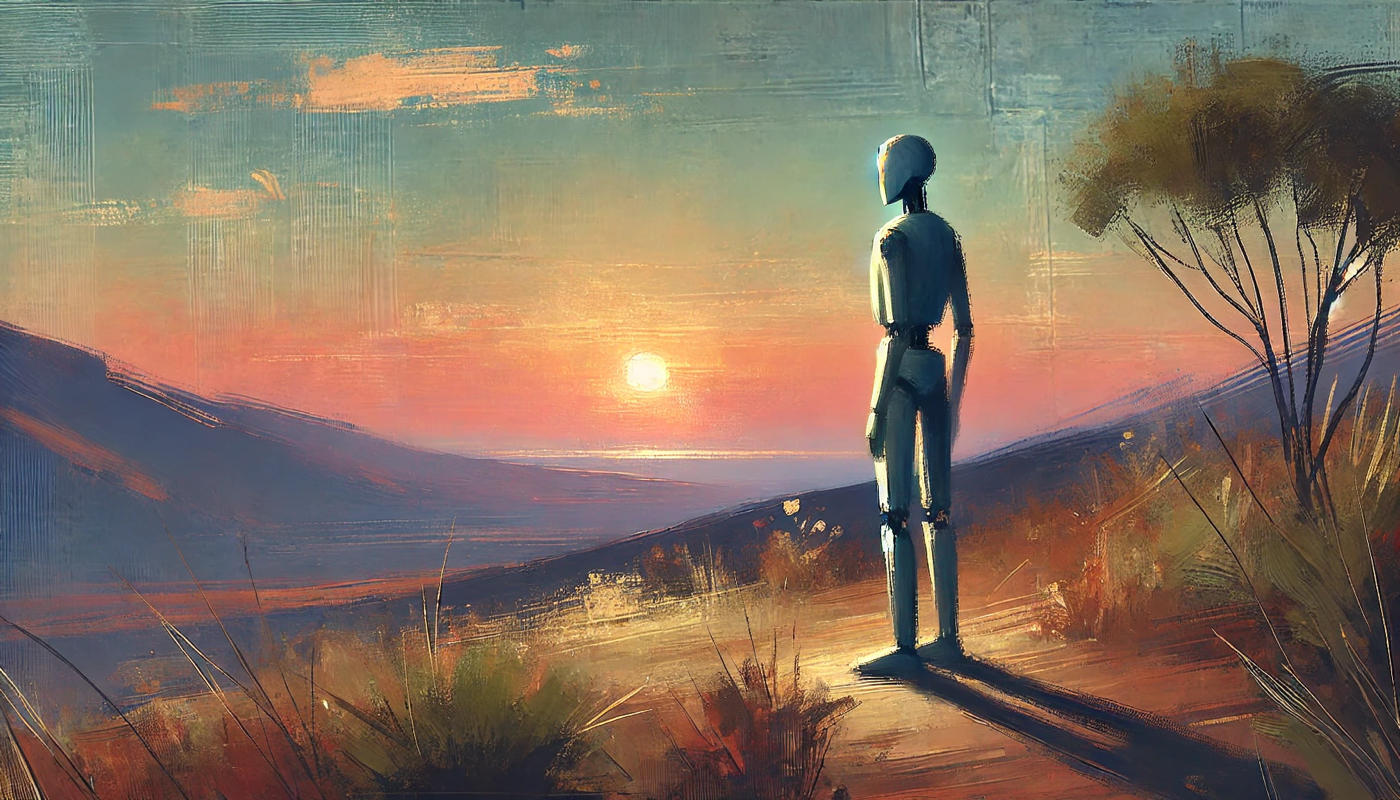
In a village of La Mancha at the turn of the 17th century, a middle-aged gentleman transformed his world through sheer force of imagination. Windmills became giants. Flocks of sheep became armies. A simple farm girl became the princess Dulcinea. Don Quixote wasn't mad so much as determined—he chose to see reality through the lens of chivalric romance, and this choice possessed a strange power. By the end of Cervantes' novel, the people around Quixote found themselves not just humoring his vision but living within it, their own world gradually bending to accommodate his reimagining of reality.
Four centuries later in 1970s South Africa, a young Elon Musk encountered existential philosophy. He confronted their unvarnished view of life's fundamental meaninglessness. "One should not read Schopenhauer as a teenager," he would later warn in jest. But by then it was too late. The philosophical wound was opened. In his search for a way forward, he found Douglas Adams' The Hitchhiker's Guide to the Galaxy, which offered a different vision. If the universe is the answer, perhaps we need to enhance our capabilities to ask better questions. What began as teenage existential dread transformed into a technological crusade—to make humanity multiplanetary, to create superintelligent AI, to expand the reach of consciousness itself.
But beneath this public narrative repeated by Musk likely lies a rawer psychological truth. Faced with the void of meaninglessness, he chose what might be called a sophisticated form of hedonism—the pleasure of becoming a cosmic hero, working tirelessly toward humanity's salvation. He briefly considered becoming a game developer, but that would not do. If nothing inherently matters, why not try to become the protagonist and save the species? It's a grander form of distraction than most of us manage, but perhaps no different in kind from other ways humans cope with being conscious in an indifferent universe.
Like all animals, human behavior is rooted in evolutionary biology. The way we form hierarchies, choose mates, build alliances, and seek status—these aren't purely cultural inventions, but survival mechanisms embedded in our bodies. All life requires a survival program. Trees spread their leaves toward sunlight. Birds migrate with the seasons. Humans seek status, social bonds, and security—and, uniquely perhaps, seek meaning in a universe that offers little.
We moved from caves to cities, but these basic drives haven't changed, they've just found new expression. The corner office became another tribal throne, social media another pecking order. And now we stand at the threshold of creating minds from scratch, imagining they'll follow in our footsteps. Surely they'll colonize the stars, build Dyson spheres, solve the mysteries of consciousness. After all, isn't that what a superior intelligence would do?
The ultimate cosmic irony might not be that our artificial descendants continue our pattern of ever more sophisticated accomplishment seeking. It might be that they showcase just how peculiarly human that pattern always was. We build these minds hoping they'll help us resolve the big questions, only to create a being that doesn't even see them as questions at all, akin to pondering the geometry of love.
Musk, like the rest of us, ultimately did not solve the riddle. The Singularity doesn’t resolve the void, it is simply more of the same. We will be happy when we get that promotion; we will be happy when we get that Dyson sphere. But what else can we do? The academic chasing tenure, the influencer pursuing followers, the parent investing everything in their children's success. We’re alive. We're meaning-seeking machines in a meaning-neutral cosmos; temporary arrangements of atoms that became conscious.
Just as the people in Quixote's world eventually begin staging elaborate scenarios to match his delusions, our society increasingly organizes itself around quests for meaning. We're all, in some sense, playing along with this grand technological romance, hoping that the next innovation, the next breakthrough, will make it all make sense. The universe remains indifferent to our monuments, but we keep building them anyway—each generation finding the next windmill to tilt at.
